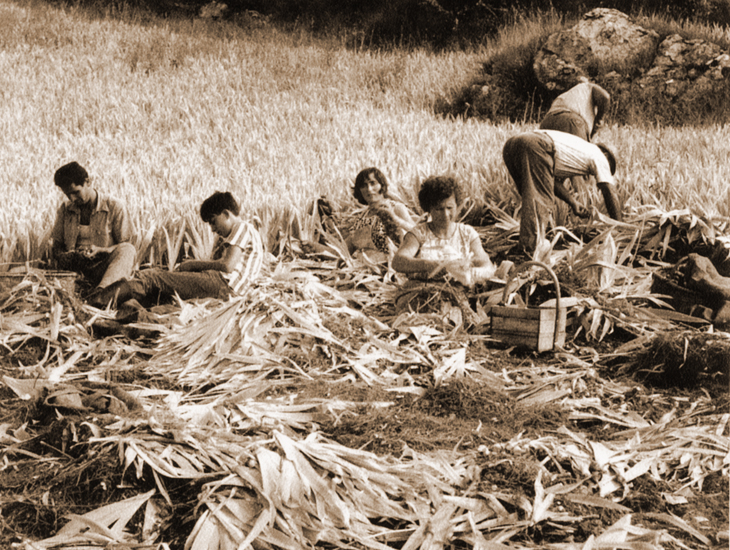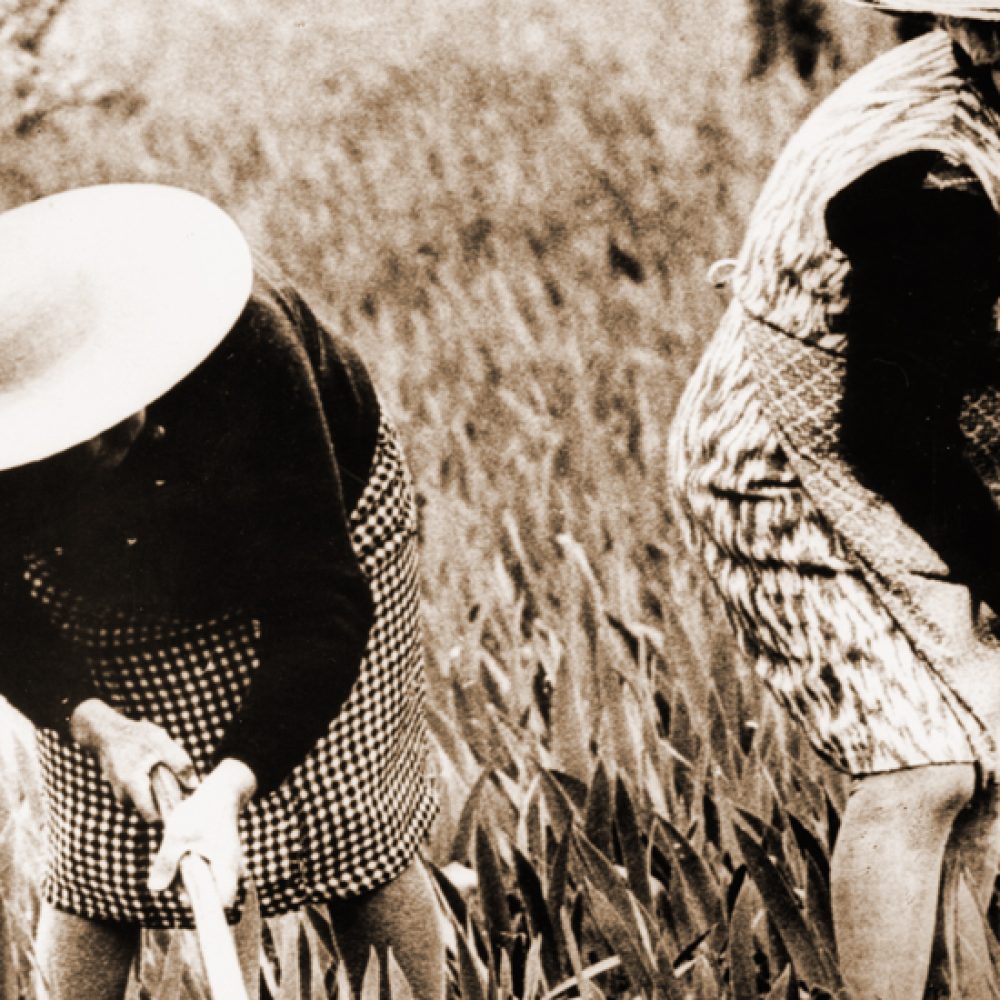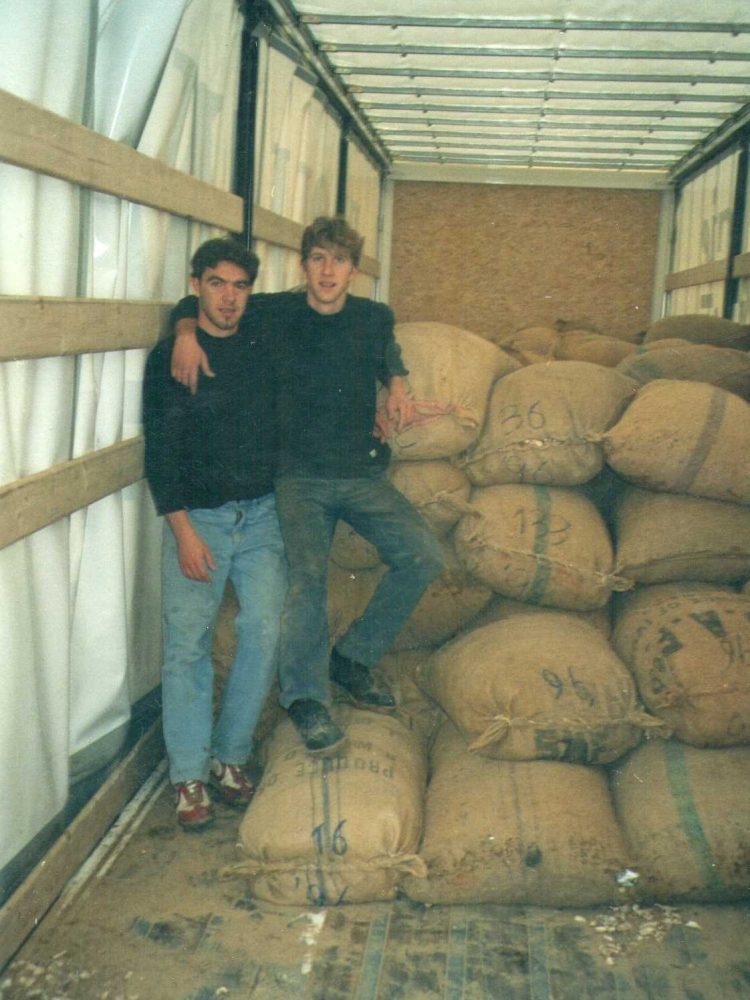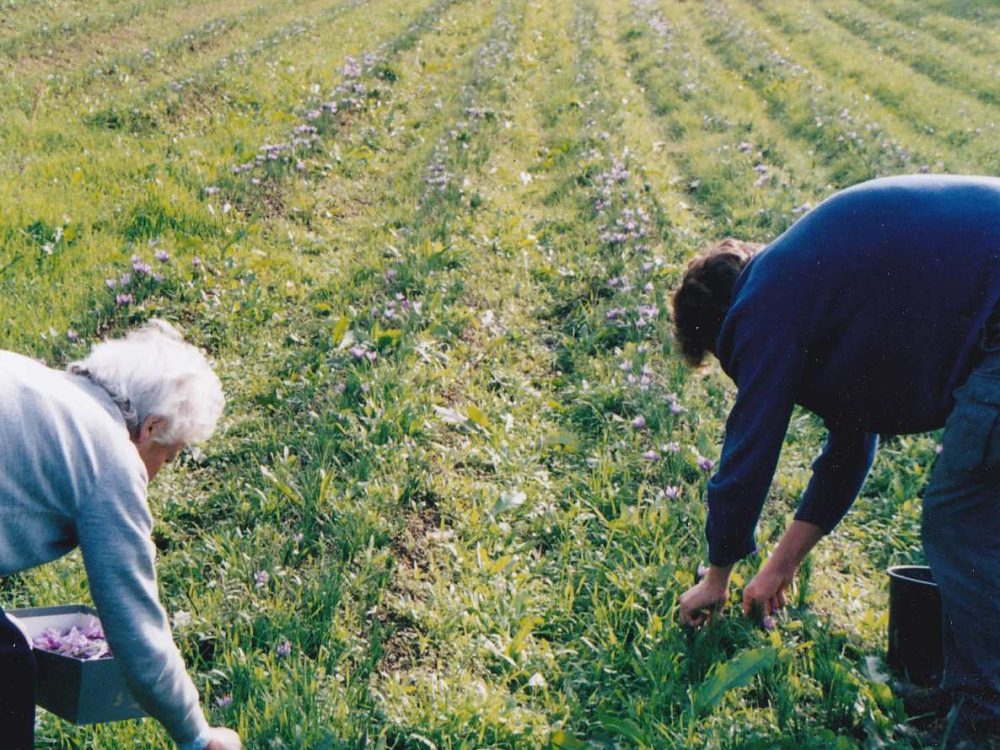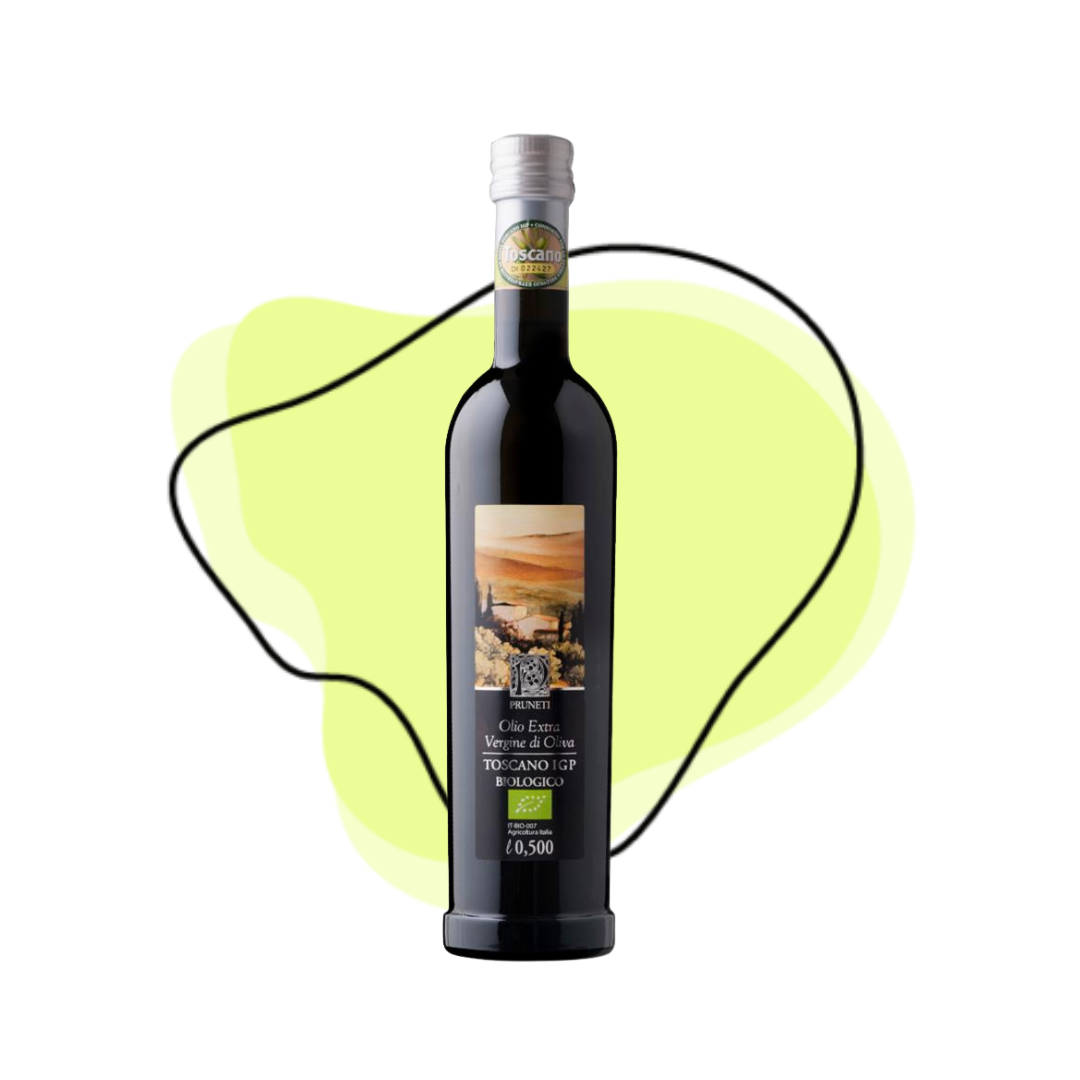FAQs
What does extra virgin olive oil mean?
It is a superior category of olive oil obtained directly from olives and is extracted by solely mechanical means. It may contain free acidity expressed as oleic acid at a maximum of 0.8g per 100g and must be free of organoleptic defects.
What distinguishes an excellent extra virgin olive oil from an industrial extra virgin olive oil?
There are organoleptic properties that, through professional tasting, permit us to distinguish an excellent extra virgin olive oil from one of medium industrial production. Contrary to common belief, the color of an extra virgin olive oil is not a guarantee of its quality.
What do you need to make an excellent extra virgin olive oil?
To produce an excellent extra virgin olive oil, it is not enough to just have the raw material and production machinery. What is essential is the expertise, the specific knowledge, integration of new technologies and then a lot of passion. For this reason, for over 160 years, 365 days a year, we take care of our 30,000 olive trees in the heart of Chianti Classico, and we produce extra virgin olive oil following a 100% Pruneti production chain. Each phase of the production is carefully controlled in every single detail: from the harvesting and care of the fields to the pressing and bottling, to the sale to the Pruneti consumer.
What is meant by the aging of extra virgin olive oil?
The natural oxidation process of extra virgin olive oil causes the disappearance of the aromas and flavors that characterize it. This is known as the aging of the oil. It is not possible to eliminate this process, but to ensure our customers a product that maintains the organoleptic properties for as long as possible we use dark glass bottles. We also preserve the extra virgin olive oil under nitrogen to eliminate oxygen. In addition, after pressing, the oil is filtered and exposure to sources of heat and light is avoided.
What is the best way to store extra virgin olive oil at home?
A bottle of extra virgin olive oil must be kept away from light, air and heat sources. This helps preserve its nutritional and organoleptic integrity. To make sure that our oil remains unchanged until the moment of opening, we use a nitrogen bottling line that injects a minimum amount inside each bottle. Additionally, we pack our extra virgin olive oil inside dark colored bottles or special light-filtering packaging.
Not sure how to choose your oil?
In the SHOP section we have created filters that can guide you in purchasing the extra virgin olive oil that best suits your tastes and those of your loved ones.
Do all extra virgin olive oils taste the same?
No, extra virgin olive oil is a food characterized by natural, fresh and herbaceous aromas and flavors. Extra virgin olive oil is a fundamental ingredient in the preparation of a dish, and can be responsible for its success. For this reason it is important to taste and know an oil before using it, so as to combine its characteristics with the most suitable foods.
Why choose Pruneti Extra Virgin Olive Oil?
Because we guarantee excellence at all phases of production, starting from top quality 100% Italian Olive Oil to the bottle that you find on the dining table
How do I understand which oil is right for my taste?
On the page dedicated to the individual product you can find detailed descriptions of each of our products. If you prefer, on the Shop page you can filter the products according to the parameters that best suit your needs.
Are shipping times always guaranteed?
Yes, we guarantee delivery within the indicated times
Is it possible to organize a group experience?
Call or write to us. We are happy to listen to what you need and will do our very best to accommodate you.







